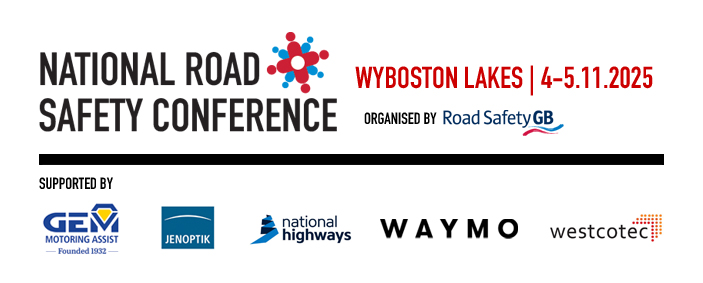Harvesting Safety Data From Existing Vehicles to Improve Incident Response Times and Preparedness
The number of people killed and seriously injured on UK roads is no longer falling and around 42% of fatalities are still from single vehicle crashes, often in rural areas.
Quickly locating such ‘run offs’ and thereby responding faster reduces their severity - saving lives, costs to the economy, grief and suffering. And even for collisions with no injury or breakdowns, electric vehicles (EVs) need specialised equipment. Occupants of wheelchair accessible or heavily adapted vehicles might be trapped too. In addition, risks of stranded vehicles on smart motorways mean road users lack confidence, delaying deployment.
"eCall" has been legally required in all UK and European cars and vans since 2018, with over 30% of such vehicles now fitted. When activated, either automatically by sensors like airbags, or by pressing the "SOS" button, a voice call is made to an operator who asks if emergency assistance is required. About 250 such voice calls are currently passed to emergency services every day. Less well known is that eCall also sends data designed to speed up responses and tailor interventions, such as vehicle location, identity, and fuel type.
This data has not been widely exploited, however its value has been demonstrated in a ‘Proof and Concept Deployment’ and more recently in an operational pilot.
This presentation explores how the growth of eCall and the wider use of the data by the emergency services, road operators could improve response times, saving vital minutes to reach a crash location, better prepared and informed. In addition the data could be used to create a very high confidence alert to road operators, allowing them to automatically set signs and pre-warn other approaching road users.
 Danny Woolard, Director, VESOS Solutions Limited
Danny Woolard, Director, VESOS Solutions Limited
Danny Woolard is an engineer with a background in GNSS navigation and wireless communications. He established his original systems integration business which developed and deployed the first commercial broadcast traffic service based on RDS-TMC in the UK and played a significant industry role in the commercial role out of Traffic Information Services in the European market, both commercially and in European industry groups.
Danny chaired the Industry TMC Forum for four years where he played an active role in the Forum's merger with the TPEG Forum to create what is now TISA (Traveller Information Services Association).
His experience extends to work in Europe and Australia where he has undertaken roles in market and system development, operations and business development.
As a passionate road-safety technology advocate, he has undertaken a number of consultancy projects specialising in the use of eCall in both Stopped Vehicle Detection, Incident detection and management.
